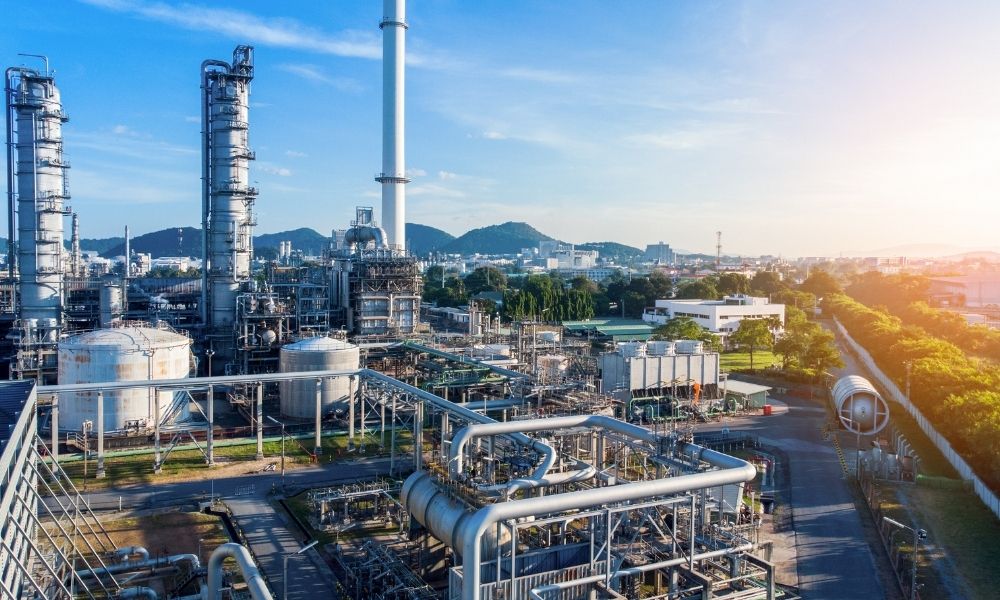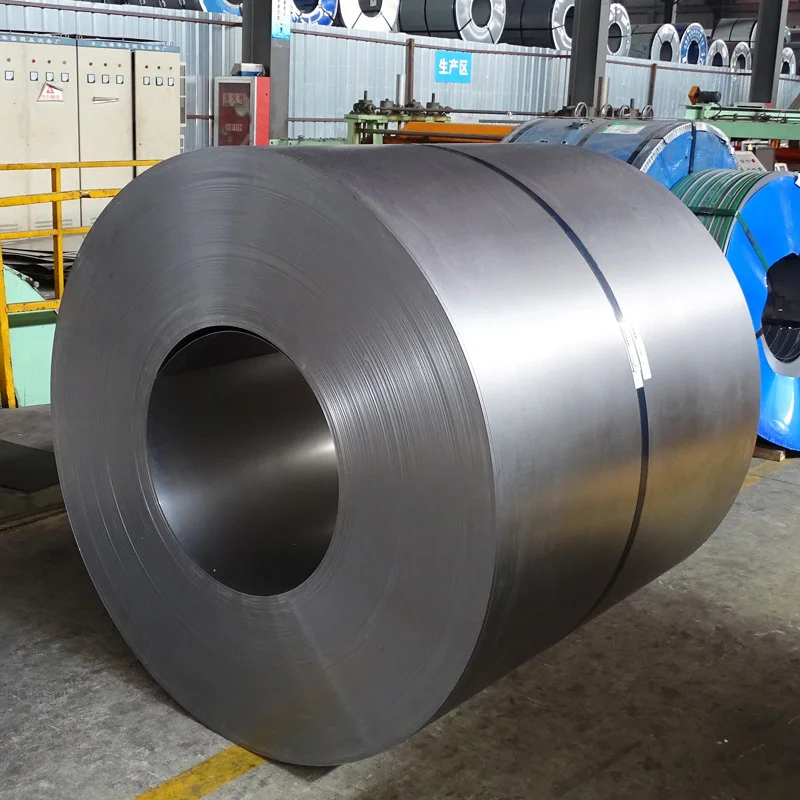
Petrochemicals, derived from petroleum or natural gas, play a vital role in various industries worldwide. These versatile compounds have revolutionized our modern lives, offering a wide range of applications beyond the traditional fuel and energy sectors. In this article, we will explore seven unexpected and practical uses of petrochemicals, shedding light on their significance and impact in different fields.
- Plastics and Packaging:
Petrochemicals are the building blocks of plastics, which have become an integral part of our daily lives. From food packaging to electronics, automotive components to medical devices, petrochemical-based plastics offer durability, versatility, and cost-effectiveness. They contribute to reducing waste, preserving product integrity, and ensuring safety in various industries. - Textiles and Fibers:
Petrochemicals are extensively used in the textile industry, enabling the production of synthetic fibers such as polyester, nylon, and acrylic. These fibers offer exceptional strength, wrinkle resistance, and colorfastness, making them ideal for clothing, upholstery, and carpets. Petrochemical-based textiles also provide insulation, waterproofing, and breathability, enhancing comfort and performance. - Pharmaceuticals and Healthcare:
Petrochemicals serve as essential ingredients in the production of pharmaceuticals and healthcare products. They are used to create synthetic fibers for surgical sutures, develop life-saving medications, and manufacture medical equipment like syringes and catheters. Petrochemical derivatives also play a crucial role in the production of vitamins, antibiotics, and antiseptics. - Cosmetics and Personal Care:
Petrochemicals are widely utilized in the cosmetics and personal care industry. They form the basis of many skincare and haircare products, including moisturizers, shampoos, and lipsticks. Petrochemical derivatives such as mineral oils and waxes provide emollient properties, moisture retention, and texture enhancement, ensuring product effectiveness and consumer satisfaction. - Agriculture and Fertilizers:
Petrochemicals contribute significantly to modern agriculture through the production of fertilizers and pesticides. Nitrogen-based fertilizers, derived from natural gas, help enhance crop yields and improve soil fertility. Petrochemical-based pesticides protect crops from pests, diseases, and weeds, ensuring food security and sustainable agricultural practices. - Construction and Infrastructure:
Petrochemicals play a vital role in the construction industry, offering durable and cost-effective materials. They are used in the production of insulation materials, pipes, wires, adhesives, and sealants. Petrochemical-based products provide thermal and sound insulation, structural integrity, and resistance to corrosion, contributing to safer and more efficient buildings and infrastructure. - Transportation and Automotive:
Petrochemicals are essential in the transportation and automotive sectors, enabling the production of lightweight and fuel-efficient materials. They are used in manufacturing tires, lubricants, engine components, and various interior and exterior parts. Petrochemical-based materials contribute to reducing vehicle weight, improving fuel economy, and enhancing overall performance.
Conclusion:
Petrochemicals have transformed numerous industries, offering practical and innovative solutions to meet the demands of our modern world. From plastics and packaging to textiles and healthcare, their applications are diverse and far-reaching. Understanding the multiple uses of petrochemicals allows us to appreciate their significance and the role they play in shaping our lives and industries.







